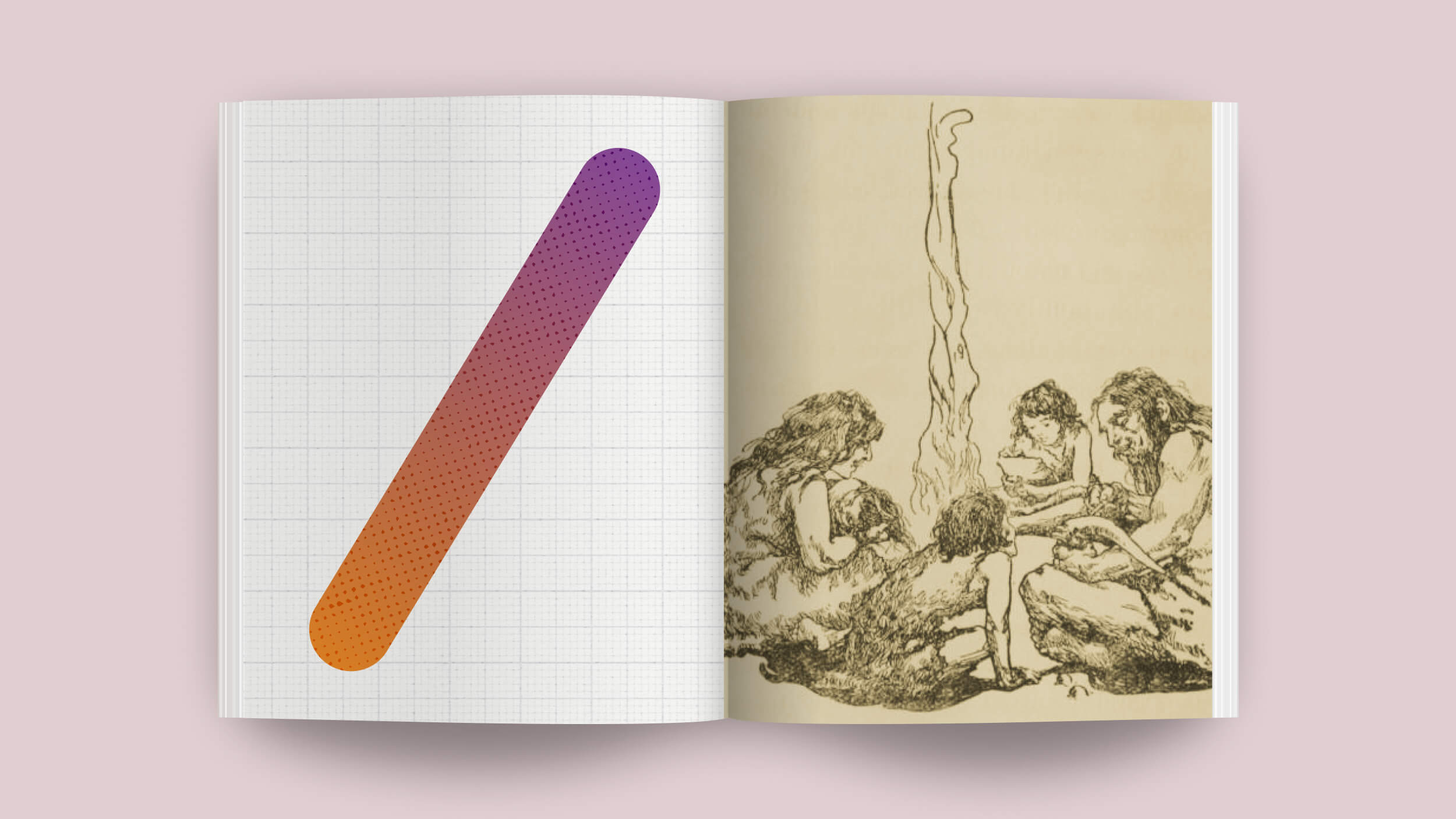The refugee expert explains his experience with eastern and western theology.
Question: How has Christianity shaped you? George Rupp: Well, I think religious communities are extremely important as ways of reinforcing individuals, commitments, and identities and that will continue… that continues to be the case and will continue to be the case. Whether there is a rising tide of secularism as some argue or a rising tide of insurgence of religion worldwide as others argue. I think depends on very much on which country we look at. I think if we look at the broader sweep human history, then the… it’s clear that the outer layer is Europe and America and so far as Western Europe from the enlightenment on and the United States in so far as it has followed that pattern and has imperfectly followed it. For the rest of human history, religion has always been a dimension of people finding their identity and their affirming values and I think into a significant degree that is happening worldwide now. The most visible form of it is Islam in which it’s clear that Islam is playing a major geopolitical role that it hasn’t for some centuries but it’s not only Islam, it’s also clear that religious insurgence is evident in another communities as well. I personally am a Christian whose Christian identity would be disputed by great many Christians and I guess I could tell you a story about that. In 1969, 1970, I spent a year in Sri Lanka studying Buddhism and my Buddhist conversation partners were convinced that… what define a Christian was that a Christian believed in God as a being outside the world who created the world, number 1 and number 2, that a Christian believed in… that every individual has an immortal soul. And when I told them that I didn’t believe in either of those propositions but considered myself a Christian, they said, “Well, that’s impossible. You can’t be a Christian unless you believe the God outside the world who created the world and an immortal soul.” Now, many Christians would agree that those very important for defining Christianity so my kind of Buddhize Christianity or Buddhist-influenced Christianity is an odd combination of affirmations but one which I feel quite comfortable and in which both some Christians and some Buddhists would consider me suspect.





